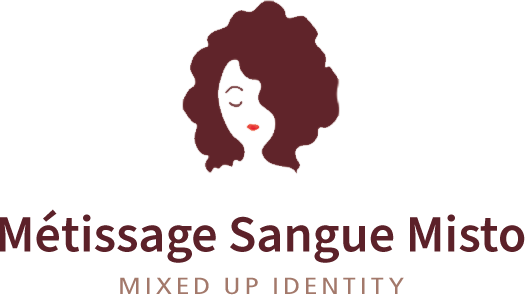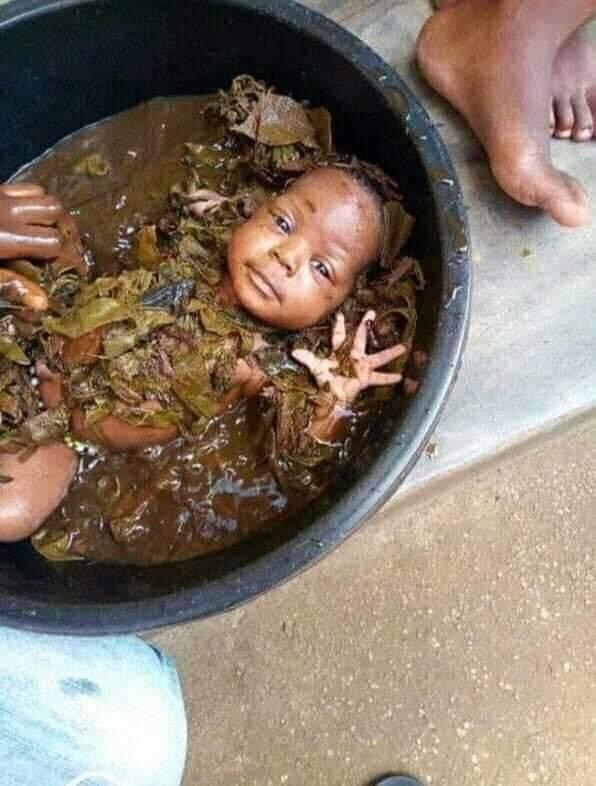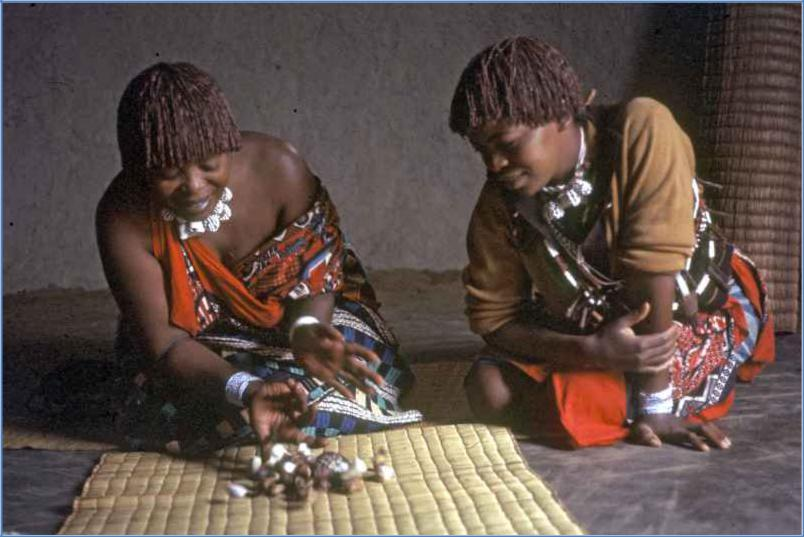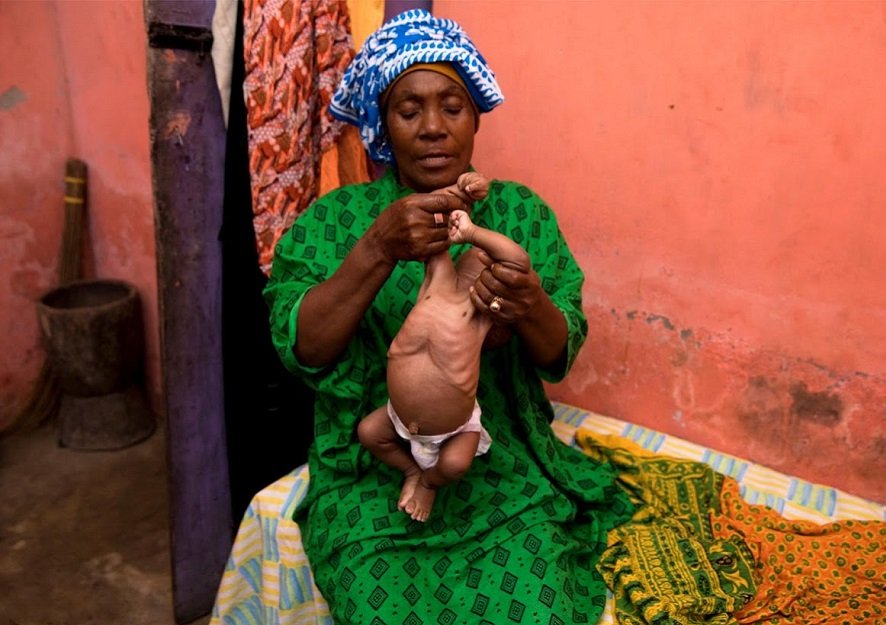African traditional medicine is a form of holistic health care system organized into three levels of specialty, namely divination, spiritualism, and herbalism. Traditional medicine is viewed as a combination of knowledge and practice used in diagnosing, preventing, and eliminating disease. This may rely on past experience and observations handed down from generation to generation either verbally, frequently in the form of stories, or spiritually by ancestors or, in modern times, in writing. It has also been said that before attaining knowledge in traditional African medicine, one is often required to be initiated into a secret society, as many characteristics of this form of medicine can only be passed down to initiates.
The importance of traditional medicine, however, dwindled during the colonial period, whereby it was viewed as inferior to Western medicine. It was thus banned completely in some countries due to its association with witchcraft/voodoo, supernatural, and magical implications, in which case, it was also termed “juju” (Nigeria) or “native medicine,” since it made use of charms and symbols which were used to cast or remove spells. Some forms of treatment may also involve ritual practices such as animal sacrifices to appease the gods, if the ailment was envisaged to be caused by afflictions from the gods, especially in the treatment of the mentally ill patients.
Illness is regarded as having both natural and supernatural causes and thus must be treated by both physical and spiritual means, using divination, incantations, animal sacrifice, exorcism, and herbs. Herbal medicine is the cornerstone of traditional medicine but may include minerals and animal parts. In African traditional setting, there was always an explanation as to why someone was suffering from a certain disease at a particular time. Diseases mostly revolve around witchcraft/sorcery, gods or ancestors, natural, as well as inherited. Illness in African society is different from the allopathic Western medicine point of view. Illness is believed to be of natural, cultural, or social origin. Cultural or social illness is thought to be related to supernatural causes such as angered spirits, witchcraft, or alien/evil spirits, even for conditions now known to be well understood in modern medicine such as hypertension, sickle-cell anemia, cardiomyopathies, and diabetes.
African traditional beliefs consider the human being as being made up of physical, spiritual, moral, and social aspects. The functioning of these three aspects in harmony signified good health, while if any aspect should be out of balance, it signified sickness. Thus, the treatment of an ill person involves not only aiding his/her physical being but may also involve the spiritual, moral, and social components of being as well. Many traditional medical practitioners are good psychotherapists, proficient in faith healing (spiritual healing), therapeutic occultism, circumcision of the male and female, tribal marks, treatment of snake bites, treatment of whitlow, removal of tuberculosis lymphadenitis in the neck, cutting the umbilical cord, piercing ear lobes, removal of the uvula, extracting a carious tooth, abdominal surgery, infections, midwifery, and so on.
The term “African traditional medicine” is not synonymous with “alternative and complementary medicine.” African traditional medicine is the African indigenous system of health care and therefore cannot be seen as an alternative.
The adjustment is ok, but may be replaced with “Herbal medicine was once termed primitive by western medicine but through scientific investigations, there is a better understanding of its therapeutic activities such that many pharmaceuticals have been modeled on phytochemicals derived from it.” Major obstacles to the use of African medicinal plants are their poor quality control and safety. Traditional medical practices are still shrouded with much secrecy, with few reports or documentation of adverse reactions. However, the future of African traditional medicine is bright if viewed in the context of service provision, an increase of health care coverage, economic potential, and poverty reduction. Formal recognition and integration of traditional medicine into conventional medicine will hold much promise for the future.
The development and use of traditional herbal medicine have a very long historical background that corresponds to the Stone Age. In the continent of Africa, the practice of traditional healing and magic is much older than some of the other traditional medical sciences and seems to be much more prevalent compared to conventional medicine. African traditional medicine is a form of holistic health care system that is organized into three levels of specialty, which include divination, spiritualism, and herbalism, though these may overlap in some situations.
The traditional healer provides health care services based on culture, religious background, knowledge, attitudes, and beliefs that are prevalent in his community. A traditional healer is one who provides medical care in the community that he lives, using herbs, minerals, animal parts, incantations, and other methods, based on the cultures and beliefs of his people. He must be seen to be competent, versatile, experienced, and trusted. In other definitions, priestesses, high priests, witch doctors, diviners, midwives, seers or spiritualists, and herbalists are included. In specific cultures, these people go by their local names, depending on their tribes, such as Sangoma or inyanga in South Africa, akomfo, bokomowo in Ghana, niam-niam, shaman, or mugwenu in Tanzania, nga-nga in Zambia, shaman or laibon in Kenya, and babalawo (yoruba), dibia (Igbo), or boka (Hausa), in Nigeria.
Niam-niam, Shaman, or Mugwenu in Tanzania
In view of all these premises, I’d like to share with you a beautiful ritual I experienced in my Village, in Nigeria. I’m talking about the Herbal Bath for a newborn (some adults engage in it till now), very prominent in Yorubaland, (I saw some cases also in Igboland) and in almost all African Nations (Ekyogero Traditional Herbal Bath very common in Uganda). Bathing a Newborn Nigerian/African baby goes way beyond administering soap and water.
Traditionally, from the birth of a child, the baby’s grandmother uses to gather particular herbs. She has the responsibility of teaching her daughter-in-law how to boil the herbs and prepare a special mixture and bathe the baby for his/her first ritual on the earth. About 10 herbs, such as barks and roots of trees, medicinal plants, the sap of trees, are gathered and boiled to make the bath blend; it is prepared by boiling a mixture of these herbs for up to 6-8 hrs after which the resulting solution is used to repeatedly bath the baby for about one week. The process of preparing the mixture is very cumbersome and it’s for this reason that blend is reused for up to one week. Part of the mixture solution is also dropped in the mouth of the baby in an attempt to prevent infantile colic and other ailments. The repeated reuse of the blend for up to one-week poses a serious infectious disease risk despite it’s perceived advantages.
The baby is bathed in the herbs from the first day of birth up to three months.
The herbal bath is used to cleanse and give the baby smooth skin, but it is also believed to bring good luck to the baby and ward off curses. It prevents skin rash, protects against diseases like malaria, boosts appetite, cleanses the digestive system, immunizes the baby against both physical and spiritual diseases, prevents the baby from post-natal diseases (asthma, sinusitis, bronchitis, pneumonia, etc.), and improves the child’s intellect. It is also believed that children who are not bathed in a bath blend, turn out to be unruly and disrespectful and that the bath can be divine protection of ancestors against the mystical attacks of sorcerers. Some families did not hesitate to throw coins in the bathroom to attract luck and/or a pen to develop the intelligence of the child. Each bath is accompanied by songs, prayers, spells but also body massages to straighten the members and the shape of the child’s head.
As there is an African way of understanding God, in the same way, there is an African way of understanding the visible world around us – the cattle, trees, people, and cities, as well as the unseen world, the supernatural world of spirits, powers, and diseases. People developed unique indigenous healing traditions adapted and defined by their culture, beliefs, and environment, which satisfied the health needs of their communities over centuries. Different ethnic groups and cultures recognize different illnesses, symptoms, and causes and have developed different health-care systems and treatment strategies. In spite of these, profound similarities exist in the practice of traditional medicine in different African countries.
As a result of this belief, incredibly, it is stated that the babies who benefited from this birth ritual, exhibit rather surprising skills:
- They rarely get sick. Their skin is soft but their very solid organism tolerates many microbes and viruses without making the disease unlike other children, who at the least wind cost, at the slightest epidemic, take the disease because of a low immune system.
- They walk rapidly from the 7th or 8th month (there are cases of 6 months). Thanks to a particular diet, their bones solidify a little faster.
- They learn to speak from the 9th or 11th month very early. They have an exceptional faculty of learning the mother tongue and keeping words.
- In front of other children of the same age, they demonstrate above-average intelligence and an ability to solve their problems on their own without parental assistance. They are autonomous and independent.
- Some are very observant. He/She likes to accompany /assist their parents in their homework. And in the absence of parents, they will want to do the same task as an adult would.
- Others show signs of wisdom very early. They enjoy the company of the old; they always want to participate in the family reunion; they want to express themselves as adults and do not hesitate to correct adults on a bad word, a male-spoken phrase (do you spell it like this?). There are those who go as far as giving advice to parents and often excellent advisors.
- On a spiritual level, these children sometimes witness a kind of gift of foresight. You can feel bad vibrations and they protest them, either with inexplicable crying as soon as their gaze crosses that of an ill-intentioned adult, or by the categorical refusal to be touched by this adult.
- They are prepared for mystical practices. This is why this bathroom should not be taken by strangers or infamous people or accused of witchcraft. At the risk of being spiritually destroyed your child.
- On a social level, they are very protective, very friendly, very sociable. They like to live in a group. Cases of autism, brain failure, or juvenile depression are very rare in these children.
Sometimes I do believe that, as parents, consumed by technology and modernism, we should need to remember our origins and our traditional practices. Doing this is a sign of intelligence and wisdom. We should not hide our traditions and, instead, make it grow and evolve, strengthen and push it to the level of good understanding. Before being Christian, Muslim, or a geek, you should remember where you and your ancestors come from, and that it is by tradition and custom that you take your power and your strength.
@Wizzy, Afro Bodhisattva, Entrepreneur, Physical Anthropologist, Freelance researcher of African Studies, culture, tradition and heritage, CEO Dolomite Aggregates LTD and Founder MBA Métissage Boss Academy & Métissage SangueMisto.






